Transforming lives with a skills-based approach to migration
Team members from Talent Beyond Boundaries, Refugee Talent and John Holland welcoming Syrian mechanical engineer, Ibrahim, to Melbourne in late 2019.
Talent Beyond Boundaries envisions a world where forcibly displaced people can use their skills and talents to move to secure futures. We are incredibly lucky to be working with a group of innovative and committed philanthropic partners who believe in this mission and are helping us to succeed. This article was written for one of our dedicated partners, Bennelong Foundation, by Miriam Kauppi.
Talent Beyond Boundaries (TBB) brings refugees to Australia on skilled migration visas. Its programme addresses Australia’s talent gap in industries such as software development, engineering, healthcare and construction, and provides safe passage to Australia for skilled people above and beyond Australia’s existing humanitarian visa allocation.
But perhaps its biggest achievement, outside of changing lives, is rewriting a narrative: it treats refugees as assets to businesses and communities, rather than a problem to be solved. In TBB’s eyes, displaced people with skills are a solution.
For refugees, accessing skilled migration is often impossible. Fadi Chalouhy, originally from Lebanon, started life stateless. He had no nationality, no ID and no date of birth on any official documents. Just getting a bank account or a driver’s licence was impossible for him. Against the odds he was educated, by Catholic nuns, in Lebanon, and despite his lack of papers and ID (usually crucial to meeting even the most basic visa requirements) TBB helped with his recruitment to multinational firm Accenture, which hired him as a management consultant in Sydney.
“For me, and many other displaced people … we want a chance to start a new chapter in our lives; a chance to keep our dignity, be productive and have a wholesome life. Something, only TBB could offer me,” says Chalouhy.
“Overcoming the barriers of access to a visa to Australia was huge for Fadi,” says Stephanie Cousins, TBB’s global co-CEO.
“He’s thriving now. For the first time he has ID, and can have a bank account and save money. He talks about the level of stress that’s been removed from his life. A total transformation.”
Without legal ways to flee danger, many refugees resort to people smugglers and dangerous journeys. “Right when there is more displacement than at any time since the end of World War Two there are the fewest solutions,” says Cousins. “And refugees I’ve worked with have had really impressive professions before being uprooted by conflict.”
Fadi Chalouhy, now working as a Management Consultant with Accenture in Sydney. Credit: Talent Beyond Boundaries.
TBB works with a social enterprise called Refugee Talent to match refugees in Lebanon and Jordan with jobs in Australia. Refugee Talent already places refugees currently in Australia in jobs. So its existing infrastructure made it a perfect partner. “We proposed adding international candidates into that programme,” says Cousins.
But matching international refugee candidates with Australian businesses isn’t that simple.
Securing visas has been a big part of TBB’s pilot programme. It has worked with the Australian government to create a bespoke visa pathway to Australia for skilled refugees. It’s something entirely new. “Before, the only ways into Australia through skilled migration were the normal skilled visas,” says Cousins.
“You either need to be sponsored by a business or meet a skills test requirement, a points test, that allows you to come independently.” The problem with those options for refugees is the administrative barriers. And costs. People who are displaced have exhausted their savings, and often don’t have access to finance or bank accounts.
Sometimes, like Fadi Chalouhy, they don’t have passports, ID or other necessary papers. Also, to qualify for a job in Australia you often need to be assessed by industry groups, such as the Australian Computer Society, or Engineers Australia, which don’t operate in Jordan and Lebanon.
“The system wasn’t designed with refugees in mind,” says Cousins, “so we’re working with the government on flexible administrative concessions.”
This will make the barriers easier to clear for refugees without lowering the skills threshold, making it easier but still requiring them to be the best candidates for the job.
And this year the Australian government agreed to a skilled-refugee pilot that will bring 100 skilled refugees and their family members to Australia over the next two years.
Samer with Nicki from Maurice Blackburn at Melbourne Airport in early 2020. Samer is a lawyer now working as a legal assistant. Credit: Teagan Glenane.
Samer and his wife Esraa and their two daughters on an outing to Melbourne Zoo just after their arrival. Credit: Stephanie Cousins.
Refugees who come to Australia with jobs via these visas avoid unsafe journeys out of danger. They contribute to the economy and society and feel a sense of purpose, and they set up the next generation for success. Employers gain loyal and experienced workers, add the benefits of diversity to their workplaces, and plug skills gaps that can hold them back. The programme contributes to Australia’s economic growth, diversity and skills pool.
To date Australian companies have selected 16 of Talent Beyond Boundaries’ candidates for jobs in Australia, and a number of recruitments are still ongoing. Seven employed refugees have arrived in Australia with their families on an average starting salary of $75,262.43 per annum.
A total of 20 people have arrived in Australia through the programme, and 54 people are in various stages of the visa process to come to Australia.
Covid-19 has slowed the programme down, but its fundamentals are solid, and Cousins is optimistic.
“Because the partnership with Bennelong is over five years, we will still hit our objectives in terms of moving people. We might just move more people next year than this year,” she says.
This article was written for Bennelong Foundation and first appeared in their 2019-2020 Annual Report. TBB is so grateful to Bennelong and all our dedicated philanthropic partners for helping us to achieve these live-changing impacts.




